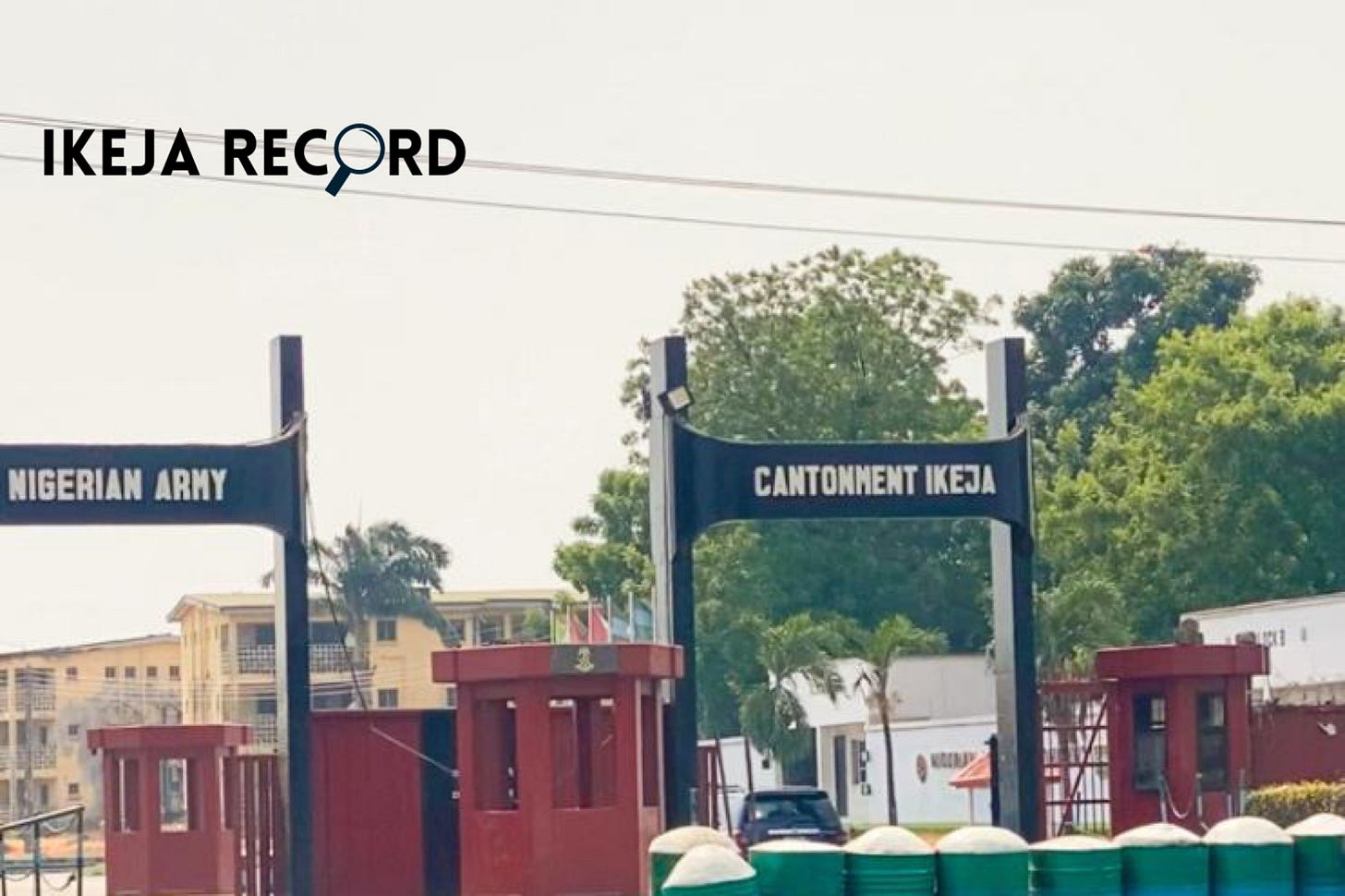Ikeja bomb blast: 22 years after, victims, residents recount tales of loss, recovery
On that fateful Sunday, *Mrs. Zainab Ayoola, nine months pregnant, sat in her living room when a loud bang shook the house. Filled with fear, she ventured out from her home on Ajejunle Street, Onigbongbo, seeking to know the cause.

On January 27, 2002, Mr. Olakunle Akinlabi, a shoe designer, upon witnessing billows of smoke and the staccato of earth-shattering explosions, thought the world was coming to an end. He had left his house at Onigbongbo, Ikeja to visit a friend in Su…



